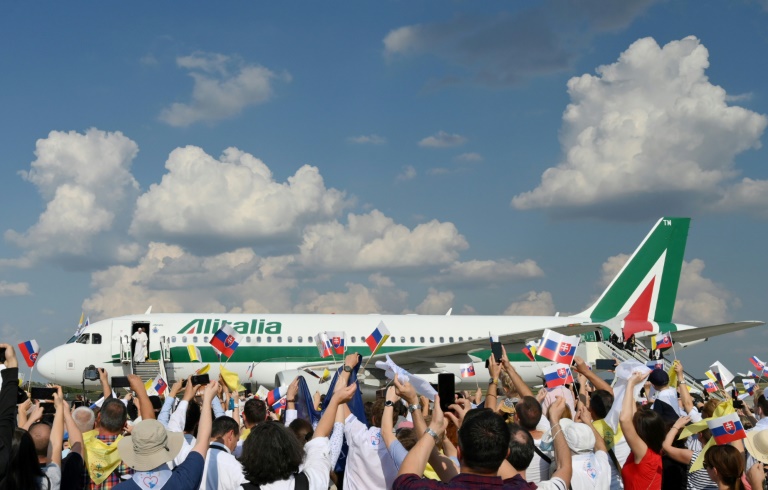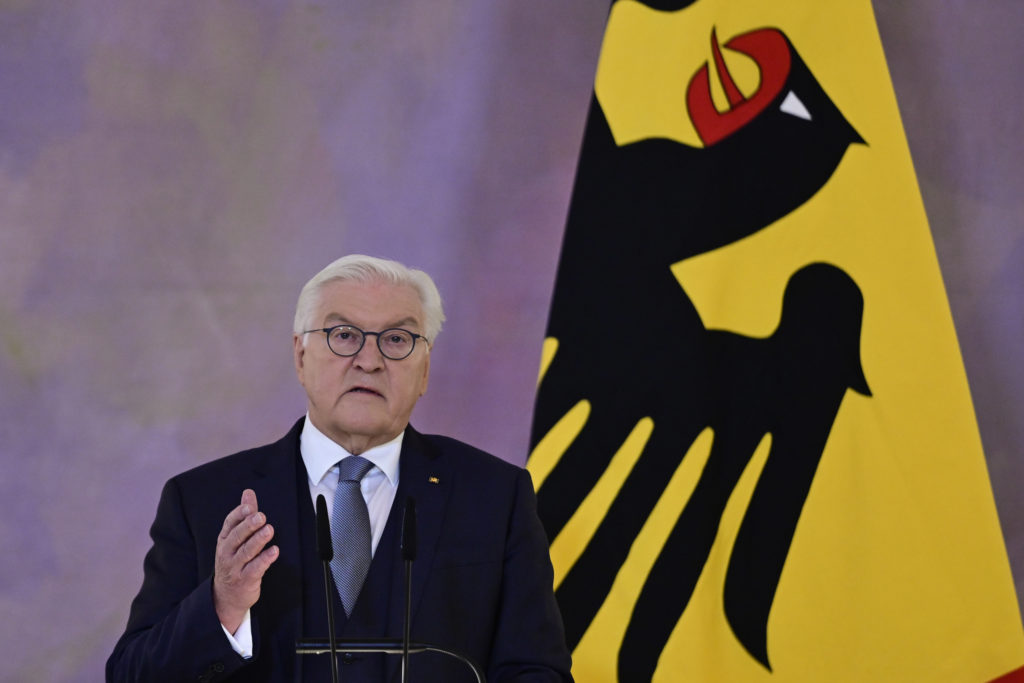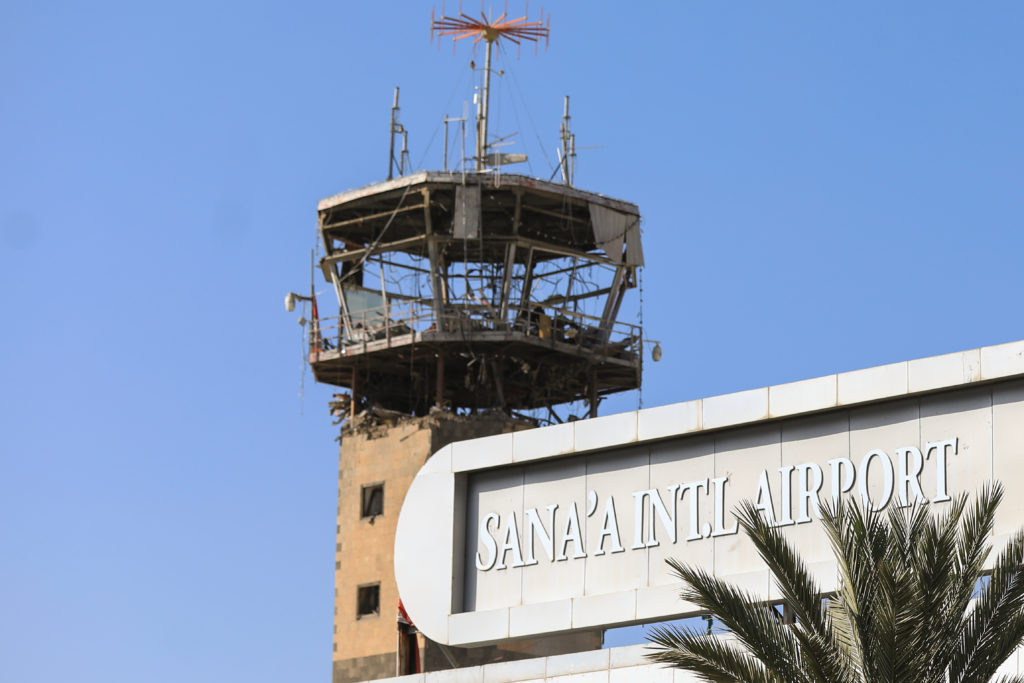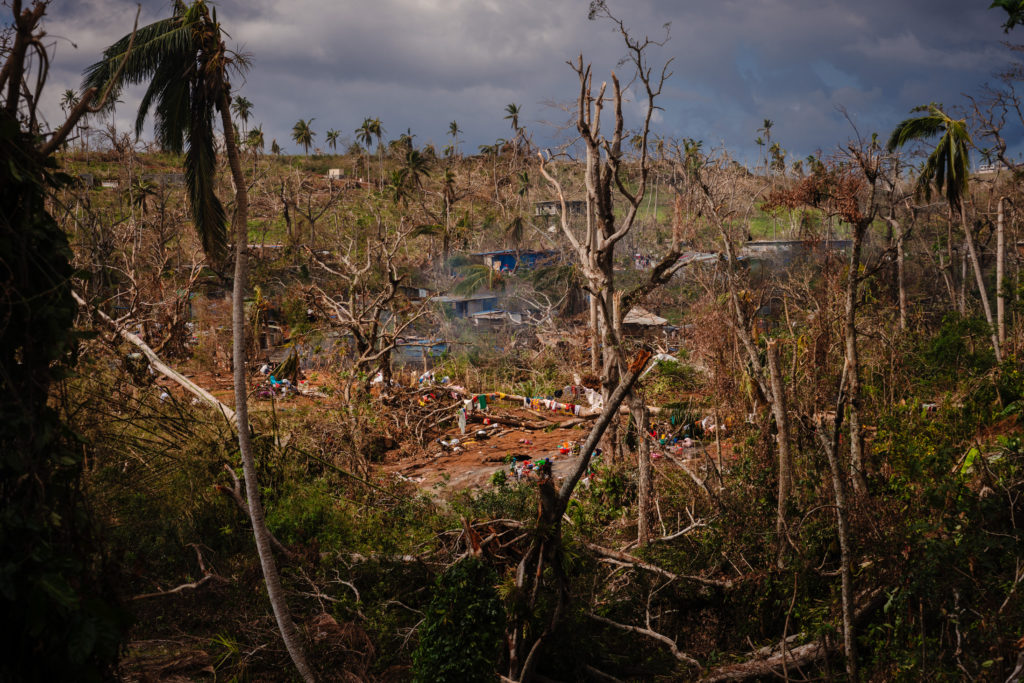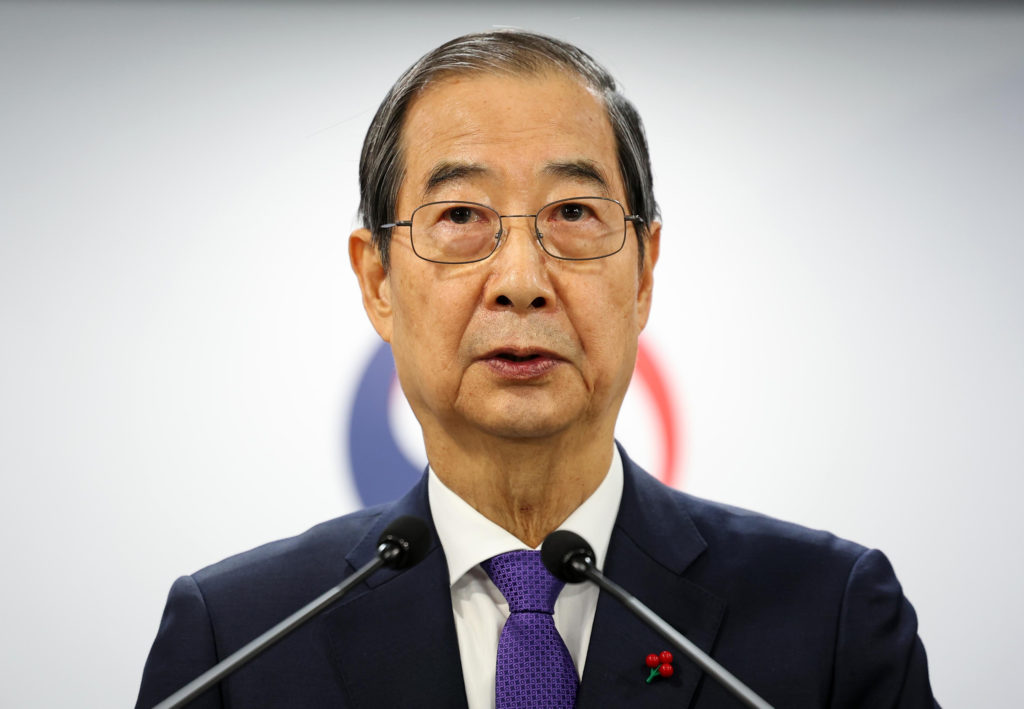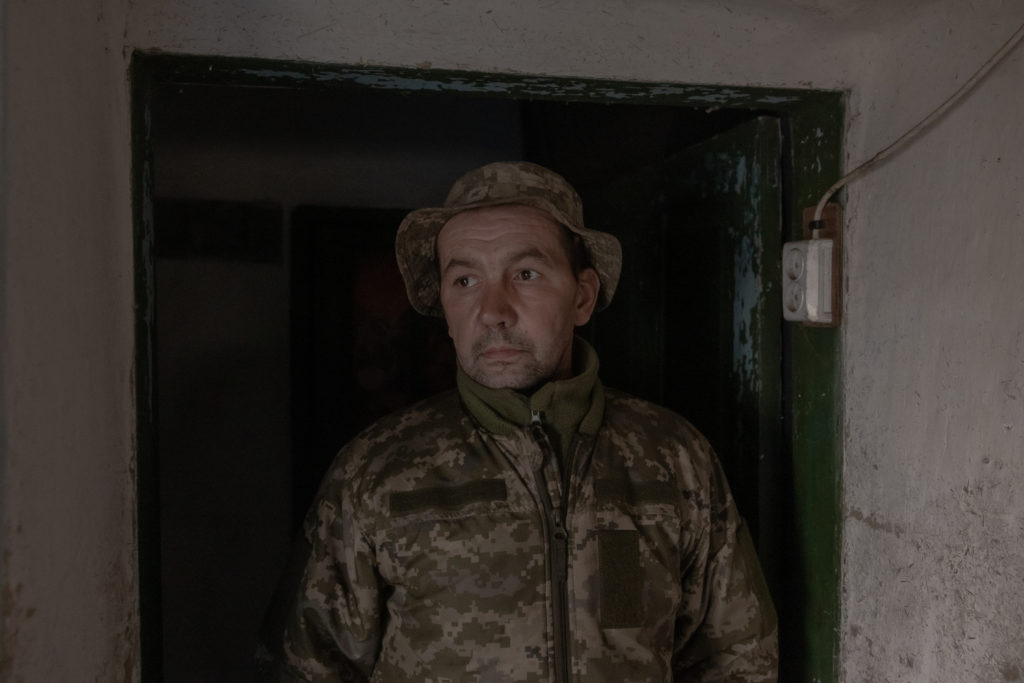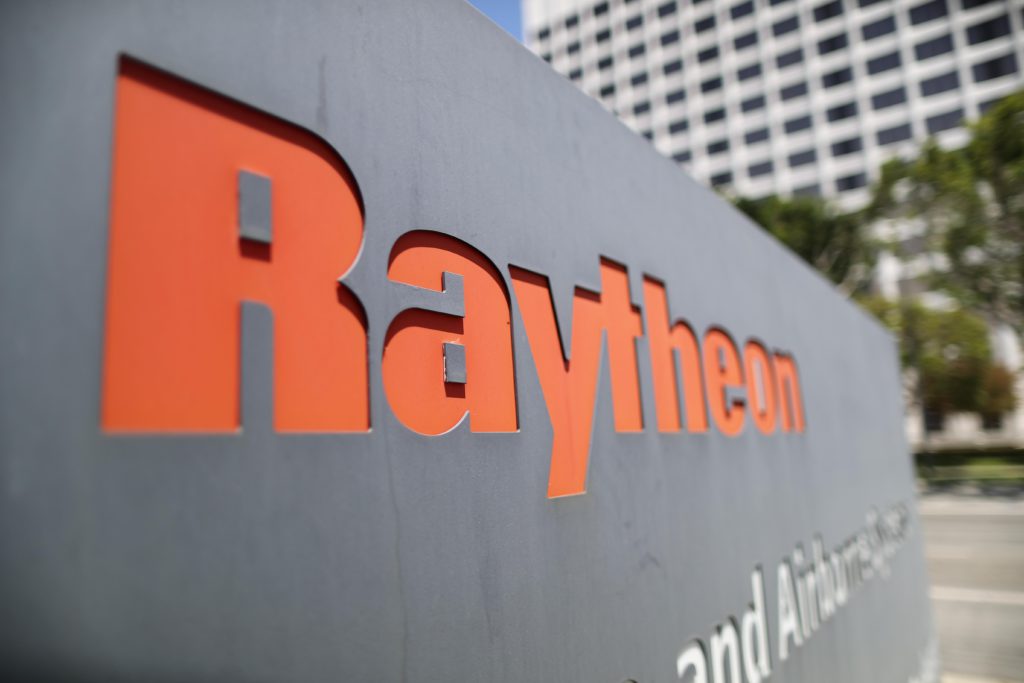Pope Francis prepared to meet with members of Slovakia’s remaining Jewish community on Monday, a day after warning of “the threat of anti-Semitism still lurking” in Europe and beyond.
The 84-year-old Argentinian pontiff has sought to overcome centuries of Catholic prejudice against the Jewish community and heal ties.
On his first foreign trip since an operation in July, Francis arrived in Slovakia on Sunday after spending a few hours in Hungary earlier in the day.
On Monday, he is due to meet Slovak President Zuzana Caputova and a number of political, religious and civil society leaders.
He is then expected to speak on Rybne Square in what used to be a Jewish neighbourhood of the Slovak capital Bratislava where a synagogue that was torn down in Communist times once stood.
He will speak after hearing a Holocaust survivor.
Three days before the pope’s arrival, Slovakia’s government issued an apology for the first time for the role played in the Holocaust by the Nazi puppet regime in power at the time.
“The Slovak cabinet feels a moral duty to publicly express regret over the crimes committed by the ruling power of that time,” it said, emphasising in particular the “condemnable” anti-Jewish laws adopted in 1941.
Under the orders of the then-government headed by a Catholic priest, Jozef Tiso, tens of thousands of Slovak Jews were deported and killed.
A memorial on Rybne Square commemorates the 105,000 victims of the Holocaust in Slovakia.
After the war, most of the survivors either emigrated or stayed and hid their Jewish identity.
Under Communism, Jews were prosecuted and jailed for alleged Zionist crimes, and the regime banned practising their religion.
The community now numbers only around 2,000 people and anti-Jewish attitudes remain strong in Slovakia, a predominantly Catholic country.
– ‘Fuse’ of anti-Semitism –
During his visit to Hungary on Sunday, the pope referred to the ongoing “threat of anti-Semitism”.
“This is a fuse that must not be allowed to burn. And the best way to defuse it is to work together, positively, and to promote fraternity,” he said, addressing Christian and Jewish leaders.
The Roman Catholic Church put an end to centuries of official anti-Semitism in 1965 at the Vatican II Council, which approved a document called “Nostra Aetate” calling for respect of Judaism.
But relations can still become frayed.
The visit comes after the pope last month came under criticism from Jewish religious authorities for some remarks he made about their books of sacred law, the Torah.
In the past, the pope has also been criticised by some Jewish leaders for using biblical references to “hypocritical” Pharisees — a negative stereotype that has helped fuel Christian anti-Semitism in the past.
During his visit to Hungary, Pope Francis met the country’s anti-migrant Prime Minister Viktor Orban before calling on believers to be “open and considerate”.
The head of 1.3 billion Catholics has often urged help for the marginalised and those of all religions fleeing war and poverty, in contrast to Orban who styles himself as a defender of “Christian Europe” from immigrants.

